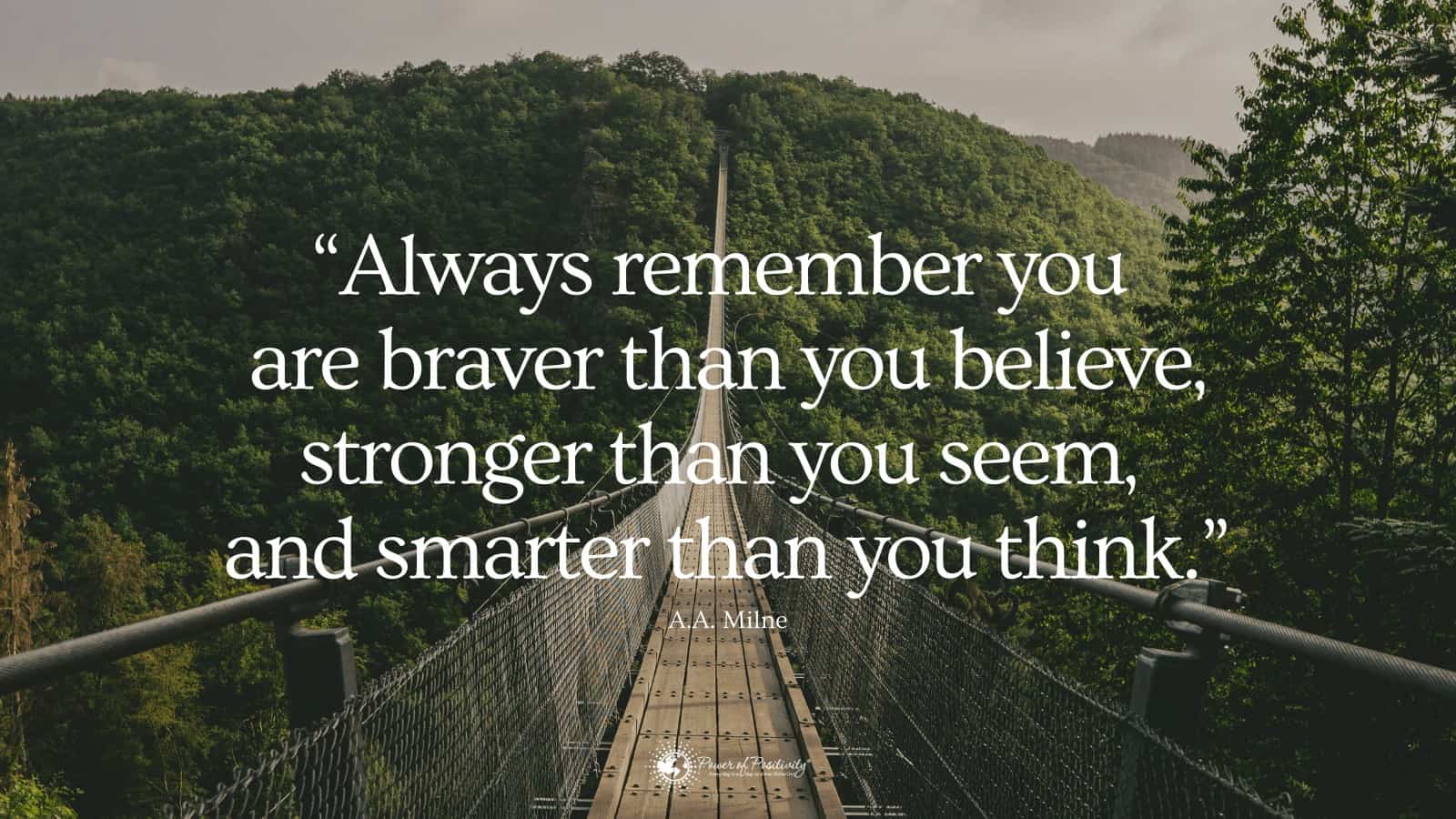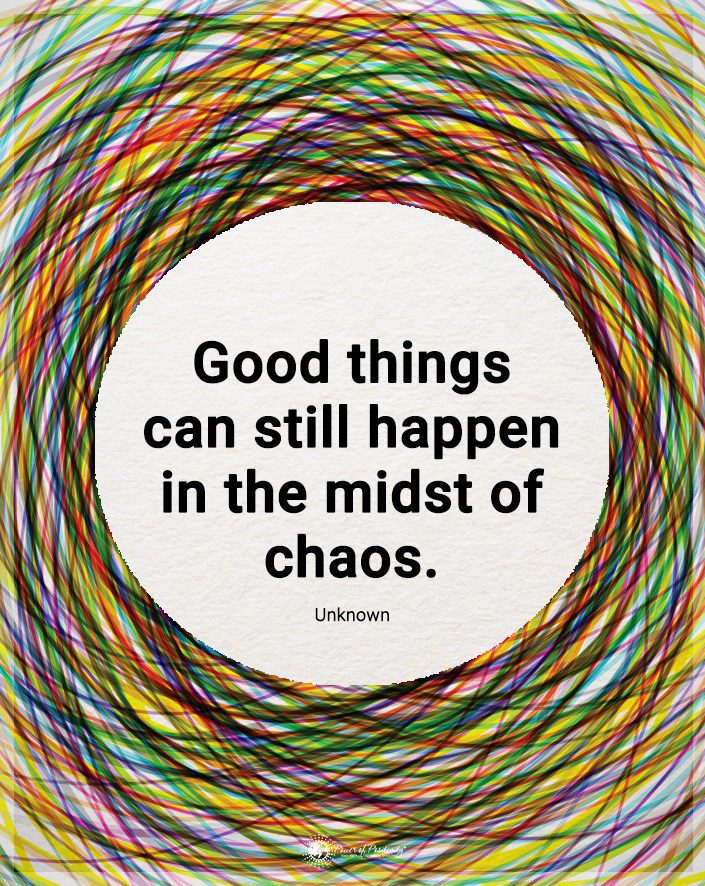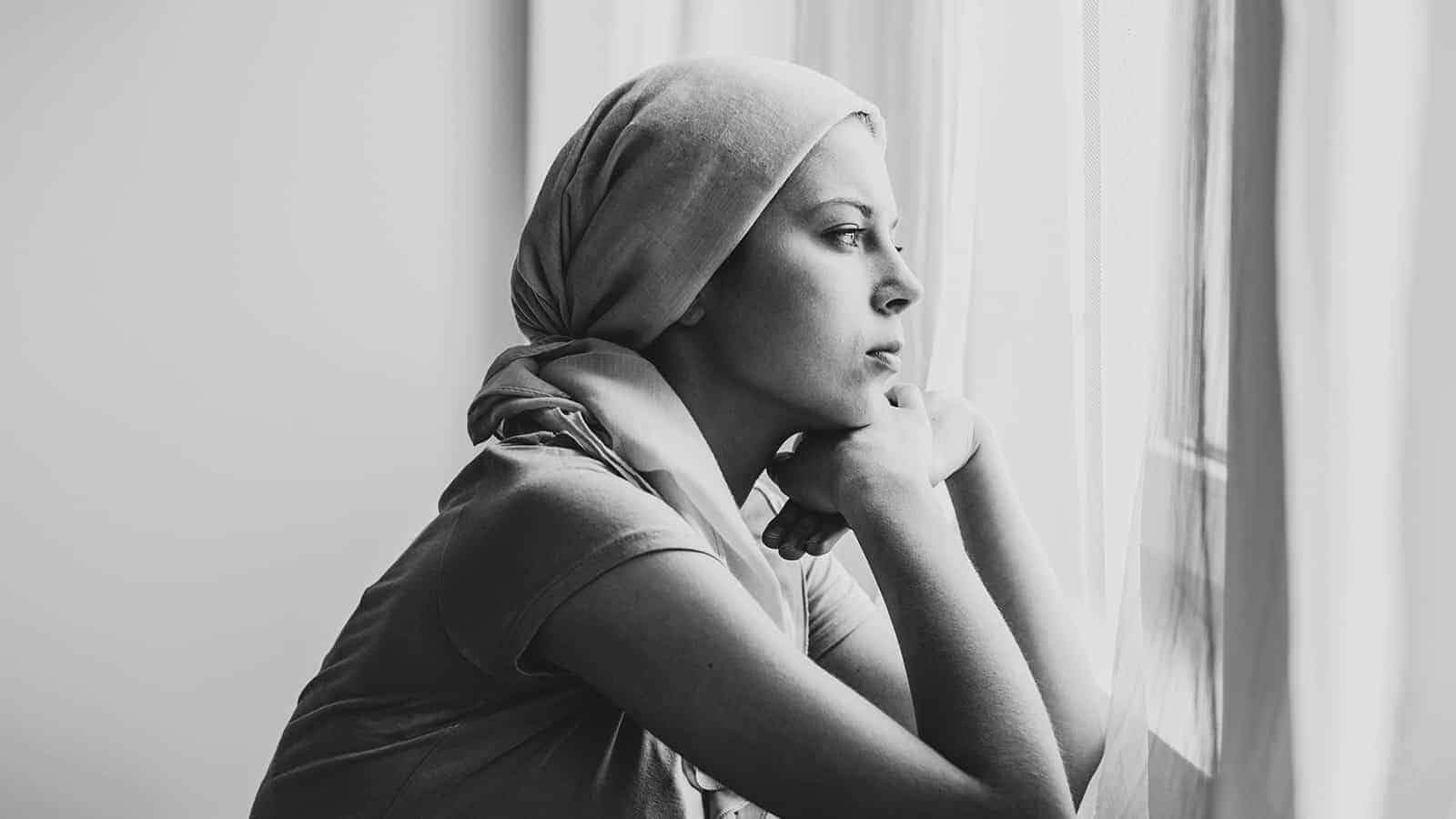When you’ve been told that you have cancer, your mind automatically assumes the worst. It’s one of the most horrible diagnoses a doctor can give you, and it’s easy to be panicked and overwhelmed by fear. A cancer diagnosis doesn’t always mean a death sentence, and in many cases, people will beat this malignancy and go on to live a good life.
The problem is all the “what if’s” that plague your mind and overwhelm you. It’s essential to have good coping skills when dealing with any chronic illness because it can destroy your mental health as well as your physical wellbeing. Thankfully, there are ways to cope and push away the negativity.
Ten Ways to Cope with a Cancer Diagnosis
The first thing you must do is not give in to fear. Sure, getting a diagnosis like cancer is scary, and you want to do everything you can to fight this horrible disease. However, you need to remain calm and don’t let horror stories scare you.
It’s essential to keep a level head and use good coping skills. Here are ten ways you can deal with your cancer diagnosis.
 1. Trust Your Medical Team
1. Trust Your Medical Team
Your medical team is vital to you in this time of need. If you don’t like the bedside manner of your doctors, then find someone you feel comfortable with as the patient/doctor relationship is essential. The medical team working with you must use the latest treatments and give you the best care possible.
Don’t be afraid to ask many questions and even have particular demands regarding your medical care. Additionally, you can and should get a second opinion, especially when given a grim outlook. It’s going to make the process much more difficult if you don’t trust your medical team.
2. Acknowledge Your Feelings – It’s Okay Not to Be Okay
Receiving such a diagnosis as cancer is scary. It’s okay that you’re not okay. Cry when you need to, and you don’t have to be strong for all of those around you.
You must process the diagnosis and work through your feelings. Burying things is only going to make the matter worse.
3. Don’t Jump to Conclusions
The naysayers will come in droves when it comes to a diagnosis of cancer. They will tell you all kinds of stories of people who survived and those who didn’t. Since each case is different, you must try not to jump to conclusions.
It’s okay for you to tell people not to share their horror stories with you. Mentally, you don’t need anything to drag you down at this point. Listen to your doctors and their professional medical opinion, but you should realize that even doctors can be wrong too.
4. Break Things Down into Small Manageable Bits
It’s easy to look at the big picture and to become overwhelmed. Dealing with a cancer diagnosis often requires weeks or months of treatment and possible surgery. You can be a panicked mess if you try to process everything upfront.
One of the main issues with this disease is that there is no quick fix. Even if the tumor is small and operable, you probably won’t know the severity and whether it’s metastasized until after a biopsy is done during surgery. Turn to your higher power during these times for the strength to endure what you must, as there will be plenty of waiting games.
5. Draw Strength and Inspiration from Other Survivors
For every negative story that involves suffering, there is another story of a victorious person. Dive deep into inspirational stories like the book How Chris Beat Cancer. Chris Walk was just an average guy who had a lot of life left in him.
The diagnosis was grim for Walk, as he was told he had stage -3 colon cancer. He fought this malignancy and won, and now he uses his story to help the masses. He didn’t take the traditional chemotherapy and radiation combination that often proves to be more toxic than cancer itself, but he used a toxin-free diet.
His cancer journey was used to undergo mental, emotional, and spiritual healing. Using inspiration like this will help give you the will to fight. You have options out there, and you can see how many people have beat this seemingly unbeatable illness.
 6. Set Goals for A Healthy Future
6. Set Goals for A Healthy Future
Just because you’re sick doesn’t mean that you should stop living. You need to dream and make plans as if nothing were wrong. While you might not want to book a trip far in advance until you see how you feel, you can’t stop living just because you’re sick.
Many people have a few months of treatment and conquer this illness. You can’t lay in the bed and wait to die, or this disease will rob you of your life while you’re still living. You should still dream, hope, and pray for the day that you will be back to yourself and enjoying new things.
7. Don’t Push Yourself Too Much
Why is it that people push themselves too much when they feel good? Dealing with a chronic illness is tough, and you need to learn that it’s okay to rest when you need it. If you can only get out of bed for 2-3 hours before you need to lay back down, it’s okay to do what makes you feel better.
If you were healthy, you wouldn’t need all these naps and rest periods. However, you’re fighting an illness, so rest is required. Christine Miserandino wrote a book called The Spoon Theory. As someone with lupus, she often finds that she must do things in spurts, as she doesn’t have near the energy she desires.
The spoon theory is based on the belief that each action has an energy level. Each person has a different amount of spoons each day, which are based on their energy. The activities you do take away from your spoons.
A healthy person might have 19 spoons, whereas a person with cancer in the upper stages might have 4-5. Activities like taking a shower might take four spoons from you, but it may take only 1-2 from someone else. This method will help you plan your day and conserve your energy using the spoons as a simple calculation tool.
Miserandino was tired of telling people how tired and miserable she felt each day. Using the spoon theory, she found a unique way to divide her strength and talk about her lack of momentum without coming off as complaining. Simply put, you must learn to balance your energy. When you feel great, don’t do so much that you exhaust yourself for a couple of days afterward.
8. It’s Okay to Seek Mental Help
You may need to talk to someone during this trying time. A psychologist can give you coping skills to help with the anxiety and depression that often comes along with receiving such a diagnosis. Surround yourself with people who are fighting with you for victory over this condition. It changes the game when you have people standing beside you.
9. Research Your Condition
Researching your condition can be a good and a bad thing. You must maintain realistic expectations about what’s going on inside your body and what could happen. It’s easy to live in a state of denial, and rejecting what’s happening isn’t going to help matters.
Arming yourself with knowledge is wise as it not only helps understand, but it will also ensure you are getting the standard medical care for your condition.
10. Using Grounding Methods to Help You
Your whole world will be shaking out from under you when you receive a cancer diagnosis. There are going to be some hard days and dark paths you must walk down. However, it would help if you learned to ground yourself and push away the negativity.
Meditation is an excellent way to purge some of the negativity from your body, and it will put you in a better frame of mind. Using singing bowls will help to balance your energy levels as well as some light yoga. Depending on your abilities, you need to find things you can do to help calm your mind, body, and spirit.
 Final Thoughts on Coping with a Cancer Diagnosis
Final Thoughts on Coping with a Cancer Diagnosis
Hearing the words “you have cancer” is one of the scariest things in life. You must understand that you will go through the stages of grief such as denial, anger, bargaining, depression, and finally, acceptance. However, some people will be stuck on one phase while another will go through them all, and then they will come back around for round two.
Your journey is very personal as no two people are alike. Although you can draw inspiration from others, you should never compare your diagnosis with theirs. Staying both optimistic and realistic is essential. Lastly, the big picture of your cancer diagnosis will overwhelm you if you allow it, so it’s best to break things down into smaller bits that you can process easier.

















